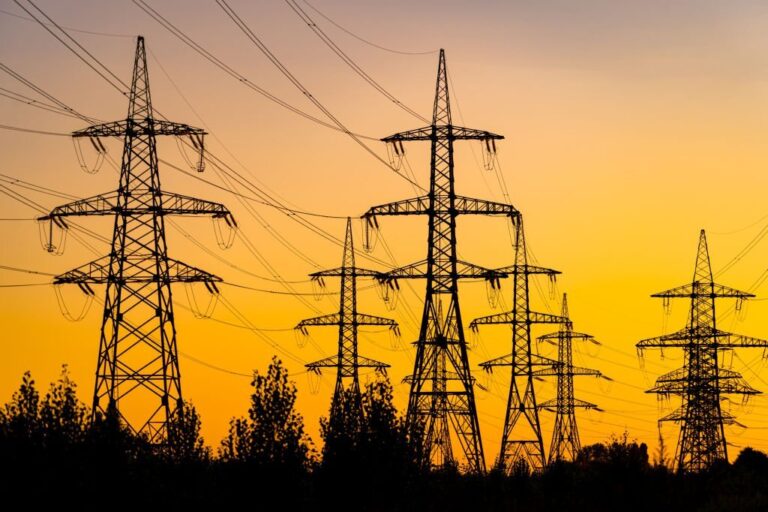Nigeria’s entrepreneurial spirit is undeniable. With nearly 200 million people and a rapidly growing small business sector, the country is full of innovators pushing against the odds. Yet one persistent challenge keeps surfacing—unreliable electricity. For many, especially in energy-intensive sectors like hospitality, power is not just a utility; it is the lifeblood of daily operations.
A Business on the Edge of Power Challenges
For Anthony Ikemefuna, a hospitality entrepreneur in Calabar, Cross River State, the story is all too familiar. His business—dependent on lighting, cooling systems, kitchens, and event spaces—was constantly held hostage by erratic power supply.
“I realised I was spending more time managing power problems than focusing on customer satisfaction,” he recalled. Generators became a necessary but frustrating solution. High fuel costs, frequent breakdowns, and poor performance in Calabar’s humid climate drained both finances and morale.
Finding a Long-Term Power Solution
The turning point came when Ikemefuna invested in the YORC generator from Mikano Power. Unlike previous models he had used, this system was built to withstand harsh operating environments while maintaining efficiency.
“One of my biggest frustrations with previous generators was their tendency to fail in our humid environment. Performance dropped, maintenance costs soared, and reliability was a gamble. The YORC diesel generator has been a revelation,” he explained.
Even during peak seasons, when his generator runs almost continuously, Ikemefuna reports consistent performance with minimal downtime—an essential factor in keeping his doors open and customers satisfied.
Efficiency that Saves More than Money
Energy expenses typically consume a large share of revenue in hospitality, but Ikemefuna noted that fuel efficiency has been one of the generator’s most valuable qualities. “Compared to the brands I used before, YORC saves my business up to 10 percent in diesel consumption. On paper, that may look modest, but across hundreds of guests and multiple facilities running daily, those savings add up to millions over time.”
The extra capital has allowed him to reinvest in staff training and enhance guest services, turning operational savings into a competitive advantage.
Scaling Without Stress
Another factor that won him over was flexibility. With YORC’s wide range of capacities—from 15 kVA to 1000 kVA—Ikemefuna was able to match smaller units to service areas while deploying larger ones for guest facilities, all within a single brand ecosystem. This consistency simplified servicing, maintenance, and aftersales support.
He also highlighted the peace of mind that comes with a four-year or 3,500-hour warranty. “In hospitality, you cannot afford unpleasant surprises. Knowing my investment is protected makes all the difference,” he said.
Turning Power into Reliability
Looking back, Ikemefuna believes the decision has transformed his business. Beyond cutting costs and reducing stress, it has given him the freedom to focus on his core mission: creating memorable experiences for guests.
In a city like Calabar—where unreliable power can make or break a business—his staff no longer fear sudden outages, and customers remain oblivious whenever public electricity cuts out. “The transition is seamless,” he said.
A Lesson for Entrepreneurs
For Ikemefuna, the experience offers a clear takeaway: choosing the right power solution is not just about keeping the lights on, but about building resilience. “In business, especially in hospitality, you need a power system that understands your environment. For me, that solution is YORC.”

